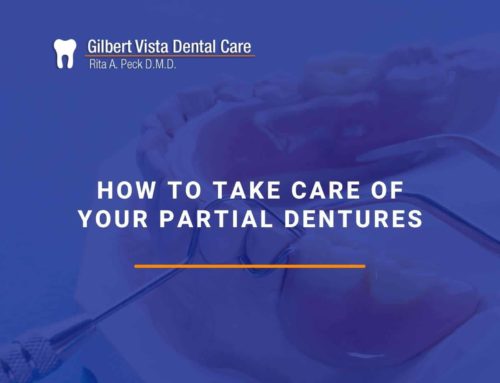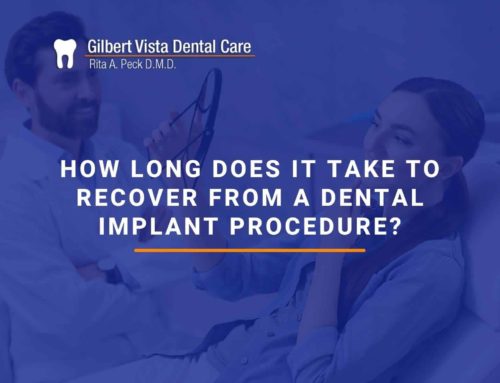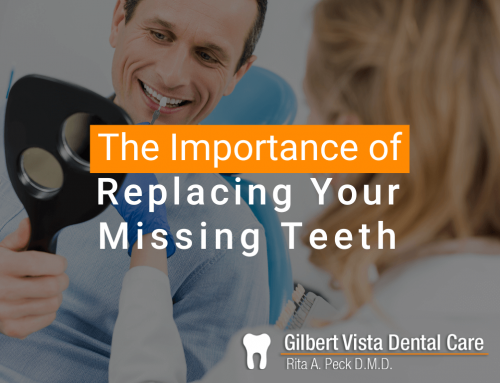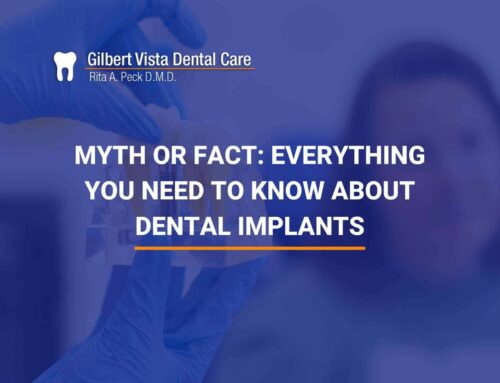Common Signs You Might Need a New Dental Implant Restoration
How Timely Dental Implant Care Protects Your Oral Health & Long-Term Investment
Dental implants have transformed dentistry by providing a reliable, natural-looking solution for missing or damaged teeth. While designed to last, implants and restorations can still experience wear or issues. Recognizing signs that your implant needs attention is key to maintaining a healthy, beautiful smile.
Keep reading to learn the most common warning signs and how timely care can protect your oral health and investment!
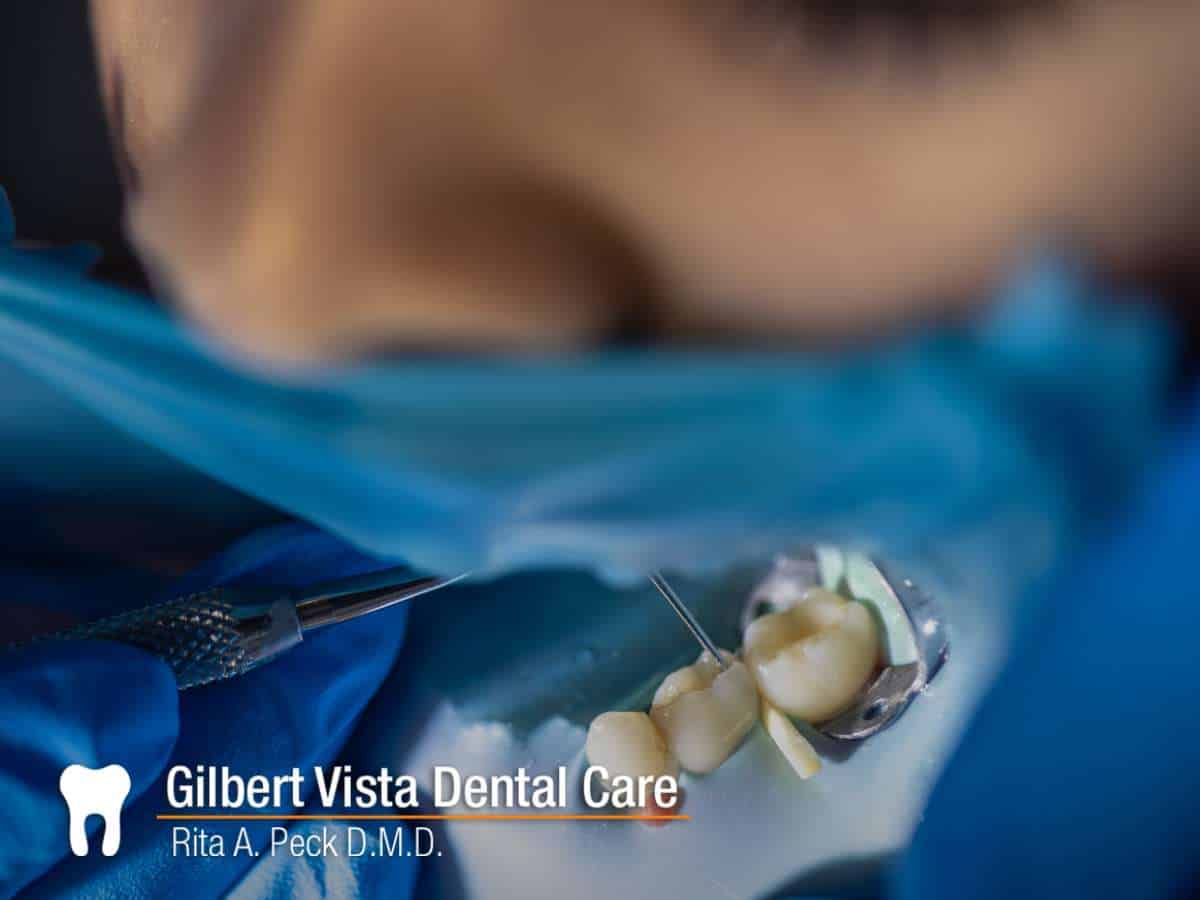
Why Dental Implants Sometimes Need Restoration
Dental implants are designed to integrate seamlessly with your jawbone, functioning as artificial roots that support crowns, bridges, or dentures. Through a process called osseointegration, the implant fuses with your bone to create a stable foundation. Yet, several factors can impact the success of an implant over time. Some reasons implants may need restoration include:
- Wear and tear on crowns or bridges: Even high-quality materials like zirconia or porcelain can chip, crack, or wear down over time from chewing forces or accidental trauma.
- Changes in bone density or gum tissue: Conditions such as bone loss or gum recession can alter how an implant integrates with the surrounding bone and gum tissue.
- Bite misalignment: Shifts in how your teeth come together can place uneven pressure on your implant, potentially damaging the restoration.
- Oral health issues: Gum disease, infections, or plaque buildup can compromise the tissue around the implant, threatening its stability.
No matter if your implant is brand new or has been in place for many years, scheduling routine exams at a dental office in Gilbert and staying aware of potential problems are essential for keeping your smile healthy.
Common Signs Your Dental Implant May Need a New Restoration
It’s important to recognize specific warning signs that could indicate that you need a dental implant restoration. Here are the most common issues patients may experience, explained in detail:
1. Loose or Shifting Crown
A secure crown is essential for both the function and appearance of your dental implant. Over time, the connection between the crown and the underlying abutment can weaken, leading to noticeable issues such as:
- Wobbling or shifting sensations.
- Clicking sounds while chewing.
- Uncomfortable pressure near the implant.
If you detect any of these symptoms, it’s crucial not to ignore them. A loose crown could indicate a simple problem or signal deeper complications with the implant structure. Prompt care from your Gilbert dentist can help prevent further damage and keep your restoration secure.
2. Difficulty Cleaning Around Your Implant
Dental implants typically require the same daily care as natural teeth, but certain implant positions or restorations may create tight spots that are hard to reach.
If you’re finding it increasingly difficult to floss or brush effectively around your implant—or if food frequently becomes trapped—this can invite bacteria, leading to potential infections.
According to WebMD, proper cleaning around dental implants is essential to prevent complications such as peri-implantitis and maintain long-term oral health.
3. Gum Inflammation or Infection Around the Implant
Healthy gums are vital for the stability of your dental implant. Unfortunately, plaque buildup and bacteria can trigger peri-implantitis, an infection around the implant area. Watch for warning signs like:
- Red, swollen, or bleeding gums.
- Discomfort while brushing near the implant.
- A dark line appearing around the crown’s gumline.
- Bad breath or a persistent foul taste.
If left untreated, this infection may harm the bone supporting the implant, risking implant failure. At the first sign of gum trouble, schedule a visit with a dentist in Gilbert to protect your oral health and implant longevity.
4. Changes In Bite Alignment
Over time, changes in your bite can place uneven pressure on your implant restoration, potentially leading to discomfort or damage. You might feel as though your teeth no longer fit together the way they used to, or you may notice new soreness while chewing.
Even subtle shifts in your bite can stress an implant and surrounding teeth. It’s wise to have your bite alignment checked if you suspect changes, so your dentist can make adjustments that protect your implant’s integrity.
5. Cracked Or Worn Restoration
Dental crowns and bridges are crafted to endure the pressures of everyday chewing and speaking. However, accidents like biting down on something hard or the constant force of teeth grinding can damage these restorations.
Cracks, chips, or changes in shape might compromise not only your smile’s aesthetics but also the seal that protects the implant from bacteria.
If you notice irregularities in the crown’s surface or feel rough edges with your tongue, it’s important to contact a dental clinic in Gilbert without delay for evaluation and repair, ensuring your implant remains functional and healthy.
6. Visible Changes In Appearance
Dental implants are meticulously designed to blend seamlessly with your natural teeth, so any change in their appearance can signal a problem. Be on the lookout for:
- Crowns appearing shorter or longer than before.
- Gaps forming between your implant and neighboring teeth.
- Gum recession revealing metal parts of the implant.
- Discoloration or a dull look in the crown.
Even minor aesthetic changes may indicate underlying issues like gum recession or bone loss. Addressing these concerns early helps maintain both the health and the beauty of your smile.
7. Bone Loss Around The Implant
The strength of your jawbone is critical for supporting a dental implant. Unfortunately, bone loss can occur gradually without obvious symptoms until significant damage is done. Watch for possible indicators such as:
- A loosening feeling in the implant or crown.
- Changes in how your teeth align or fit together.
- Unexplained soreness around the implant site.
Routine checkups are essential for detecting bone changes early. If bone loss is discovered, treatments like bone grafting can help preserve your implant and the overall structure of your jaw.
8. Persistent Pain Or Discomfort
Dental implants are designed to feel as natural and comfortable as your own teeth. That’s why ongoing pain or soreness around the implant site is a sign that shouldn’t be ignored.
This discomfort may stem from issues like a loose abutment, pressure from an ill-fitting crown, or infection in the gum or bone surrounding the implant. Sometimes, bite misalignment can also cause uneven stress on the restoration.
If you’re experiencing persistent pain, getting dental care in Gilbert as soon as possible can help prevent further complications and ensure your implant stays secure.
Who Should Have Dental Implants?
According to Medical News Today, dental implants are an effective solution for replacing teeth damaged by severe decay or trauma. However, two key factors to consider before choosing this treatment are suitability and success rate.
Not everyone is a candidate for dental implants. To be suitable, a person must be in good overall health with healthy gums and sufficient jawbone density to support the implant throughout their lifetime. Because children’s facial bones are still growing, implants are generally not recommended for them.
While dental implants have a success rate of around 90-95%, certain factors can reduce this rate. These include:
- Smoking.
- Diabetes.
- Previous radiation therapy to the jaw area.
- Use of specific medications.
If you have any of these risk factors, it’s important to discuss them with your dentist office in Gilbert to ensure the best care and successful implant outcome.
Protect Your Smile for Years to Come
Dental implants are a valuable investment in your health and confidence, but they need care and regular checkups to stay in good condition. If you notice any warning signs or want to ensure your implants are working well, don’t wait.
At Gilbert Vista Dental, we specialize in dental implant restoration to help restore your smile’s function and appearance. Contact us today to schedule an evaluation and protect your implants for years to come!
Gilbert Vista Dental Care
2451 East Baseline Road #210
Gilbert, AZ 85234
Phone: (480) 503-5467
Email: [email protected]
Website: https://drritapeck.com/


